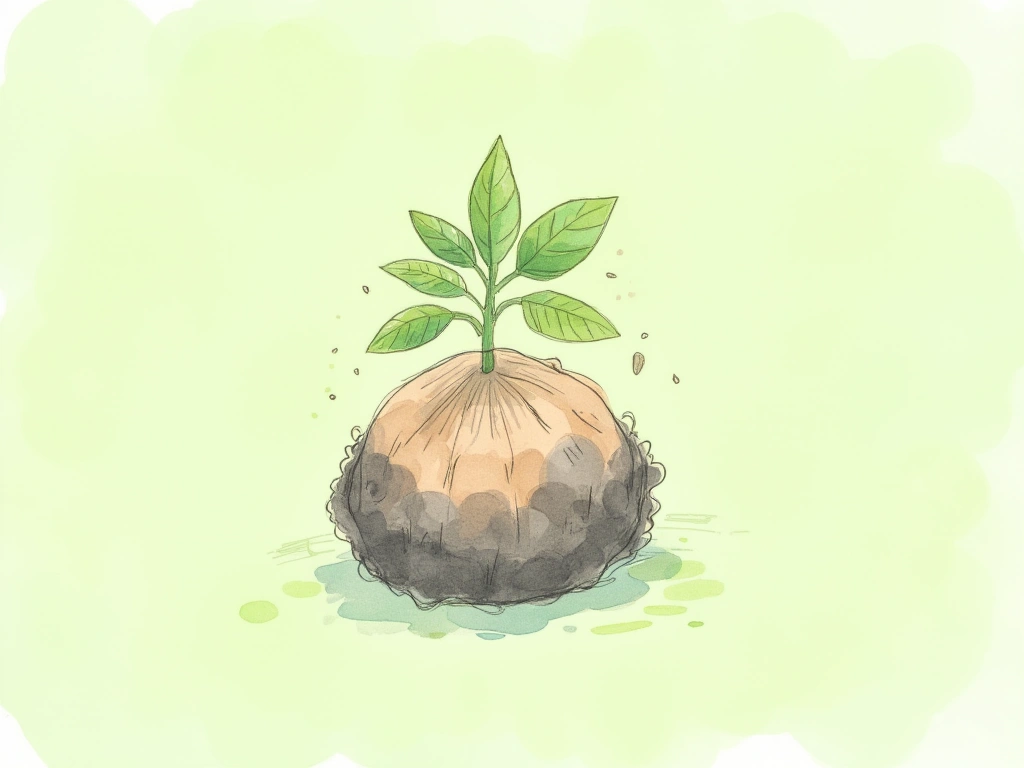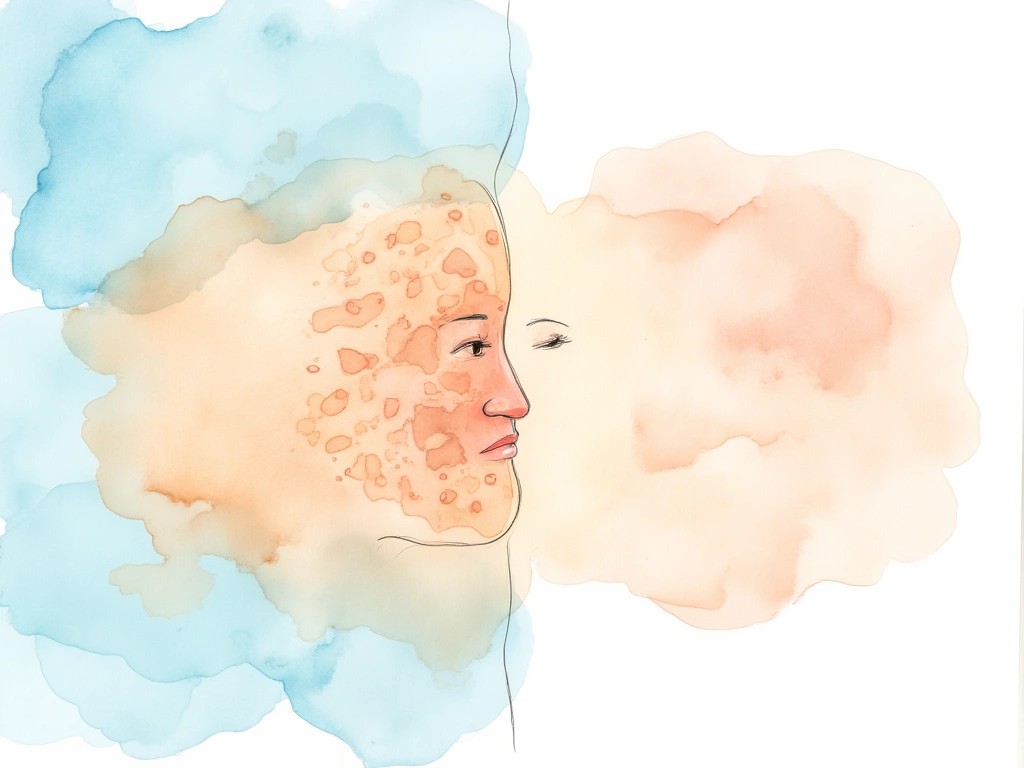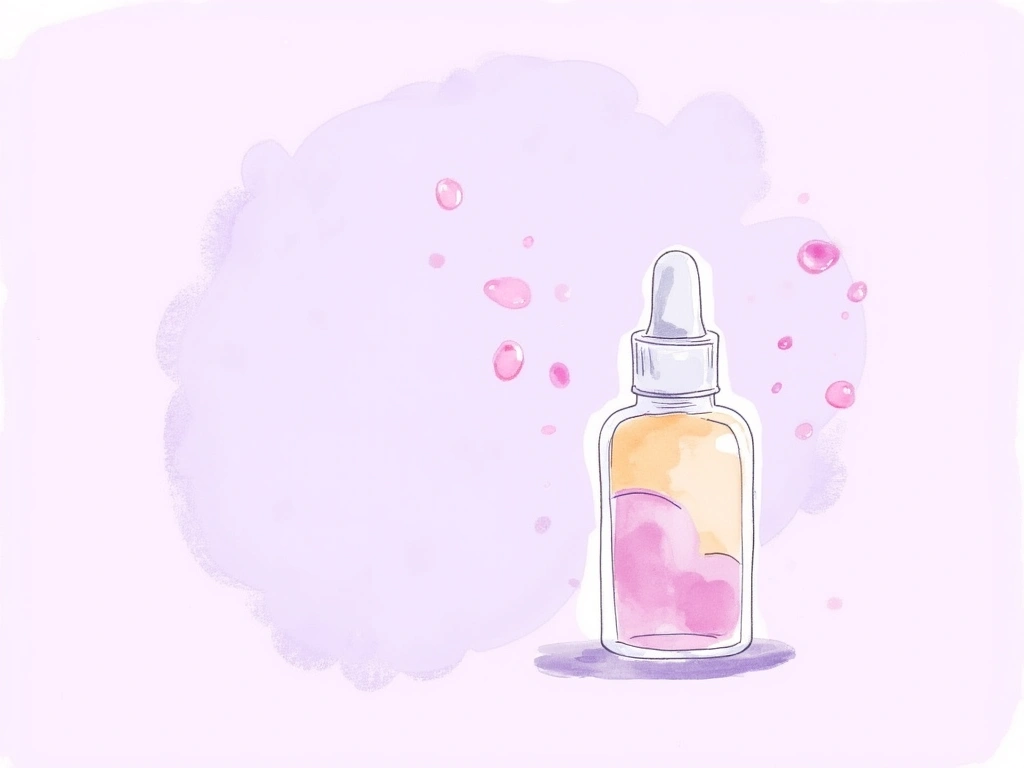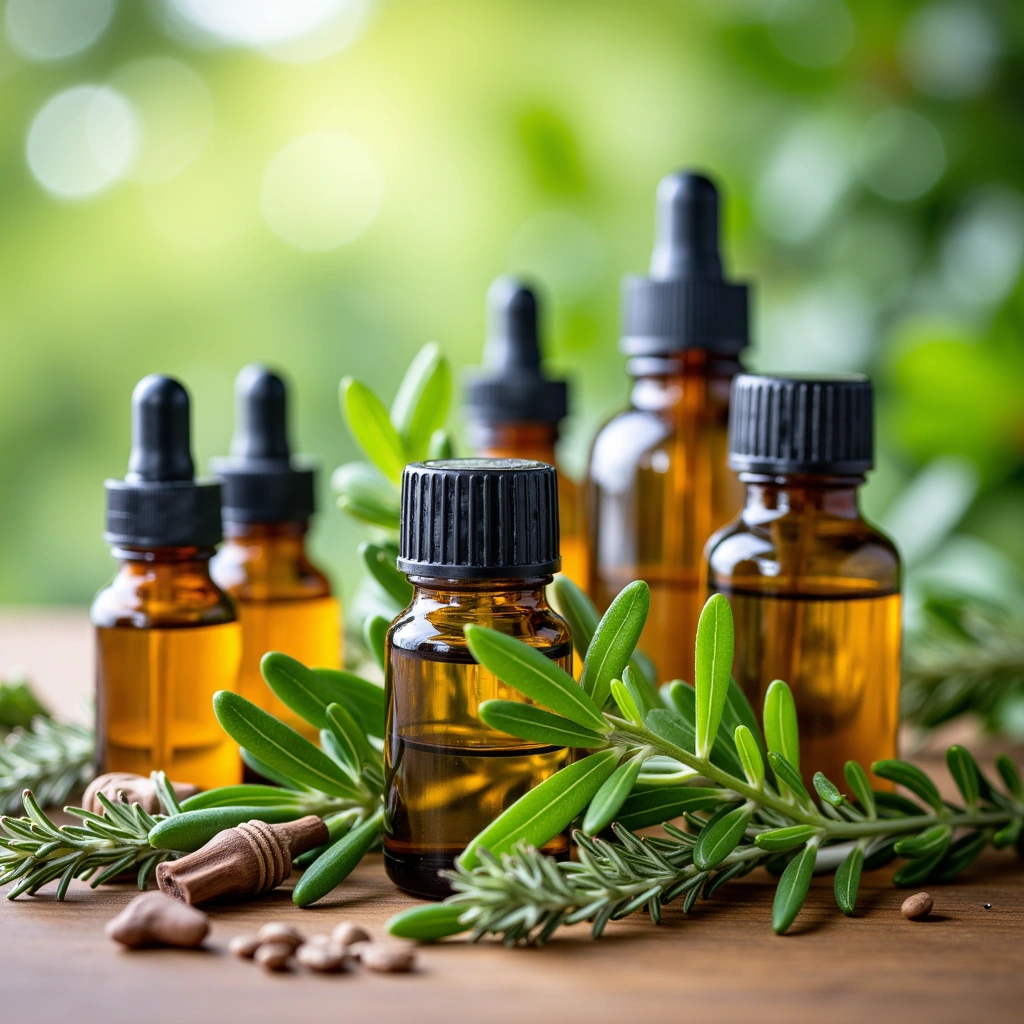
Anti-Dandruff Oils: A Natural Path to Scalp Health
Dandruff, characterized by those pesky white flakes and an itchy scalp, is a common concern. While medicated shampoos are available, many are turning to nature for gentler solutions. Anti-dandruff oils, harnessing the power of essential oils, offer a promising alternative.
This article dives into the science behind these natural remedies and what research reveals about their effectiveness. We’ll explore:
- How anti-dandruff oils work to combat the root causes of dandruff.
- Which oils have the strongest scientific backing, particularly tea tree oil.
- Practical tips for safe and effective use, including patch testing and dilution.
TLDR: Dandruff oils, especially tea tree oil, can be a natural way to fight flakes and soothe your scalp. Backed by research, these oils offer a gentler option compared to harsh shampoos. Learn about the best oils and how to use them safely.

Understanding Dandruff and How Oils Can Help
Dandruff isn’t just a cosmetic issue; it’s a scalp condition that causes shedding of skin cells, often with itching and visible flakes. The main culprit is often an overgrowth of a fungus called Malassezia, which is naturally present on our scalps. Other factors like dry or oily skin, stress, and even hormonal changes can also play a role.
Traditional anti-dandruff shampoos work, but they can sometimes irritate the scalp with strong chemicals. This is where anti-dandruff oils come in. These are usually essential oils packed with antimicrobial and anti-inflammatory properties. They target the fungal overgrowth, soothe irritation, and reduce flakiness, offering a more natural approach [1].

The Science Behind Anti-Dandruff Oils: Key Research Findings
Extensive research exists on essential oils and their potential health benefits, and some of this research focuses specifically on dandruff. Let’s look at what the science says about some promising oils.
Tea Tree Oil: The Leader in Research
Tea tree oil stands out as the most researched essential oil for dandruff. Studies highlight its effectiveness in tackling dandruff symptoms.
Efficacy: A notable study in 2002 demonstrated that a 5% tea tree oil shampoo significantly reduced dandruff symptoms compared to a placebo [2]. This study, involving 126 participants, provided strong evidence for tea tree oil’s benefit.
Mechanism: Tea tree oil’s power comes from its terpene compounds, which are known for their antimicrobial effects. It’s effective against Malassezia in lab settings, confirming its potential to target the primary cause of dandruff [3].
Safety: While effective, tea tree oil can cause skin irritation in some individuals. Therefore, doing a patch test before applying it to the entire scalp is crucial [3].
Other Promising Oils: Neem, Rosemary, and Thyme
While tea tree oil has the most robust evidence, other essential oils show potential for dandruff relief due to their antimicrobial properties.
Neem Oil: Traditionally used for its antibacterial and antifungal properties, neem oil is another contender.
Efficacy: Research has shown neem oil extract to be effective against Malassezia furfur, a specific type of fungus associated with dandruff [4].
Limitations: Direct studies on neem oil specifically for dandruff are still limited, but its antifungal properties are encouraging.
Rosemary Oil: Known for its antioxidant and anti-inflammatory effects, rosemary oil could contribute to a healthier scalp.
Efficacy: While studies on rosemary oil have focused more on hair growth, these studies suggest potential benefits for overall scalp health which could indirectly help with dandruff [5].
Mechanism: Rosemary oil’s antimicrobial properties may also help control fungal growth on the scalp.
Thyme Oil: Thyme oil contains thymol, a compound with strong antimicrobial properties.
Efficacy: Thyme oil is known to be effective against fungi in general, suggesting it could be beneficial for dandruff related to fungal overgrowth [3].
Limitations: Specific research on thyme oil for dandruff is needed to confirm its direct benefits.

User Experiences: Anecdotal Insights on Anti-Dandruff Oils
Beyond scientific studies, real-world user experiences offer valuable perspectives. Anecdotal evidence from online forums and communities reveals how people are using anti-dandruff oils and what results they are seeing.
Castor Oil: This oil frequently emerges as a user favorite for dandruff. Many report significant improvements, even with stubborn dandruff. Users often apply it before washing their hair and notice reduced flakes and scalp irritation. Some believe it helps control yeast overgrowth, a common cause of dandruff [6].
Tea Tree Oil Blends: Users often create blends with tea tree oil, combining it with carrier oils like almond or rosemary oil. These blends are applied to the scalp to leverage tea tree oil’s antifungal properties and the soothing effects of other oils [7].
Rosemary Oil for Hair and Scalp: Rosemary oil is popular not only for dandruff but also for promoting hair growth. Users often massage it into the scalp, sometimes overnight, and report reduced dandruff and improved hair health [8].
Coconut Oil: Mixed Reviews: Unlike the consistently positive feedback for castor, tea tree, and rosemary, coconut oil has mixed reviews. Some find it helpful, while others report it worsens dandruff. This might be because coconut oil can be comedogenic (pore-clogging) for some, potentially exacerbating fungal-related dandruff [9].
MCT Oil for Seborrheic Dermatitis: MCT oil, a specific type of coconut oil, is mentioned by users with seborrheic dermatitis, a more severe form of dandruff. Some users have found it very effective in reducing flakes and scalp issues associated with this condition, though experiences vary [10].
Multi-Oil Blends for Customization: Many users experiment with creating their own multi-oil blends, combining various carrier and essential oils to address their specific dandruff type and scalp needs. These personalized approaches highlight the importance of understanding individual scalp conditions and tailoring treatments accordingly [11].
Important Note: While user experiences are insightful, it’s crucial to remember that they are anecdotal and not a substitute for scientific research or professional medical advice.

How to Use Anti-Dandruff Oils Safely and Effectively
To safely incorporate anti-dandruff oils into your hair care routine, consider these guidelines:
Dilution is Key: Essential oils are potent and must always be diluted with a carrier oil like jojoba, coconut, or almond oil before applying to the scalp. This prevents irritation.
Patch Test First: Before applying any essential oil blend to your entire scalp, perform a patch test. Apply a small diluted amount to your inner arm and wait 24 hours to check for any allergic reaction.
Application Methods:
- Pre-Shampoo Treatment: The most common method is to apply the diluted oil to your scalp 15-30 minutes before shampooing.
- Scalp Massage: Gently massage the oil into your scalp to improve absorption and stimulate circulation.
- Overnight Treatment: For deeper conditioning, some users leave oil treatments overnight, but this may not be suitable for everyone, especially those with oily scalps.
Frequency: Start with once or twice a week and adjust based on your scalp’s response.
Shampooing: Ensure you thoroughly shampoo your hair to remove all oil residue after treatment.
Cautions:
- Avoid Ingestion: Essential oils are for external use only and should not be swallowed.
- Eye Contact: Avoid contact with eyes and mucous membranes. If contact occurs, rinse thoroughly with water.
- Consult a Professional: If you are unsure about using essential oils, especially if you have sensitive skin or other scalp conditions, consult a dermatologist or healthcare professional.

Conclusion and Key Takeaways
Anti-dandruff oils offer a natural and potentially gentler approach to managing dandruff. Tea tree oil has the strongest scientific backing, while neem, rosemary, and thyme oils show promise. User experiences highlight the benefits of castor oil and customized oil blends.
However, it’s important to use essential oils safely, always diluting them and performing patch tests. While anecdotal evidence is encouraging, scientific research is ongoing, and individual results may vary.
“`divvy class=”summary-list”]
- Tea tree oil is the most researched and evidence-backed essential oil for dandruff, with studies showing its effectiveness in reducing symptoms [2].
- Neem, rosemary, and thyme oils possess antimicrobial properties that may help with dandruff, but more specific research is needed [4, 5, 3].
- User experiences suggest castor oil, tea tree oil blends, and rosemary oil are popular and effective natural remedies for dandruff.
- Always dilute essential oils with a carrier oil and perform a patch test before use to avoid skin irritation.
- Anti-dandruff oils offer a natural alternative to traditional treatments, but consulting a healthcare professional is recommended, especially for persistent or severe dandruff.
[/divvy]

No Comments
Be the first to start a conversation